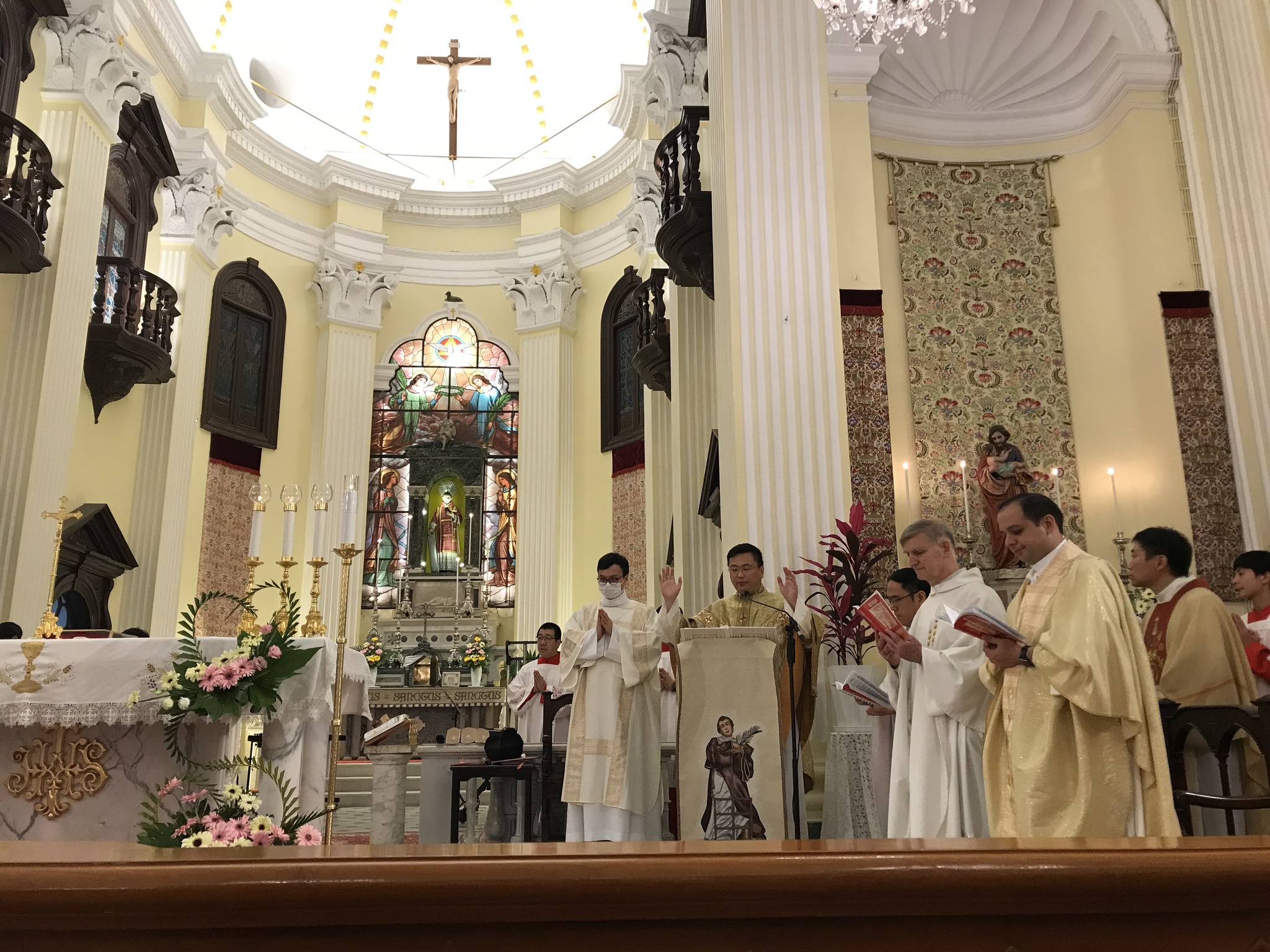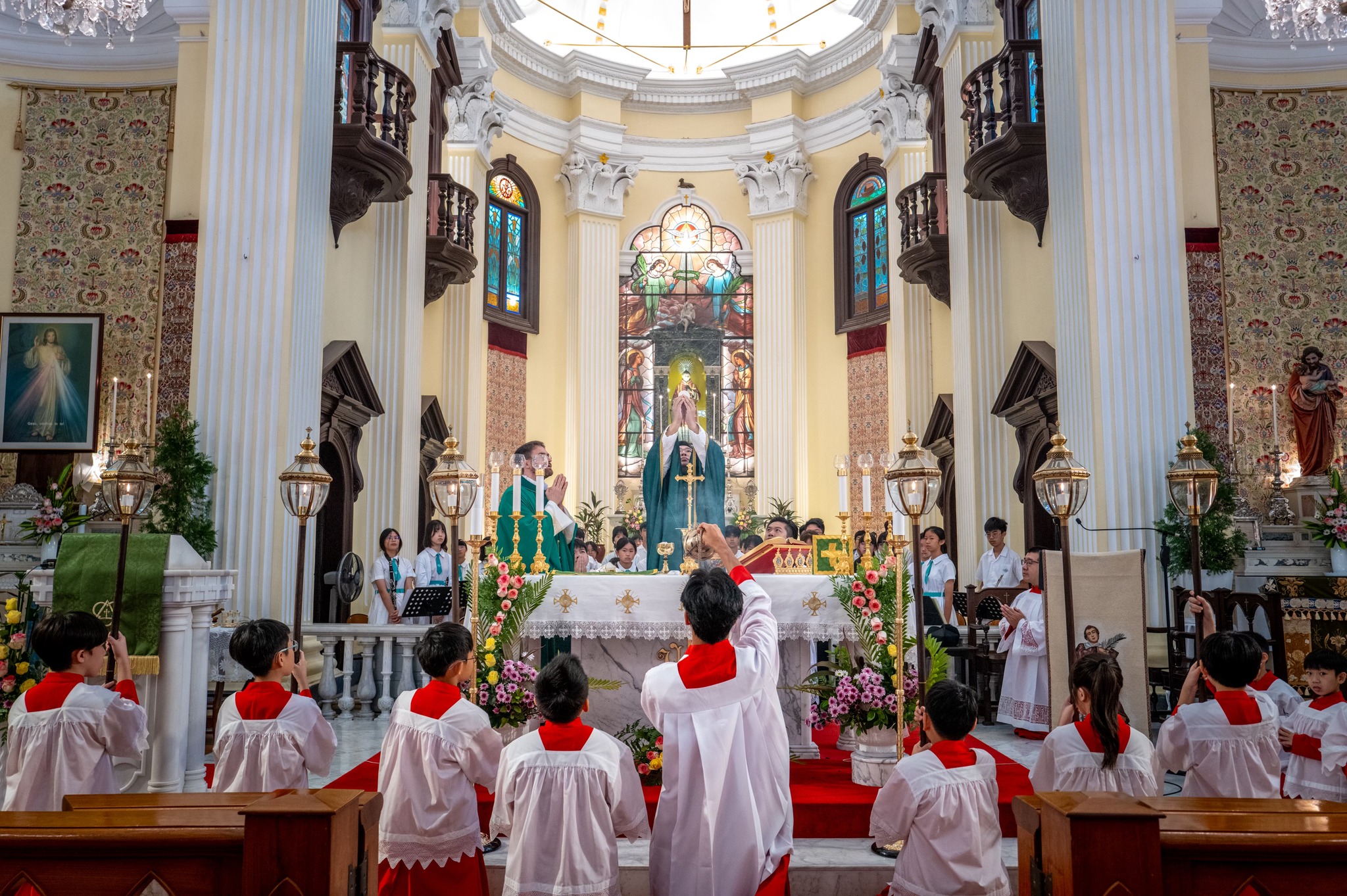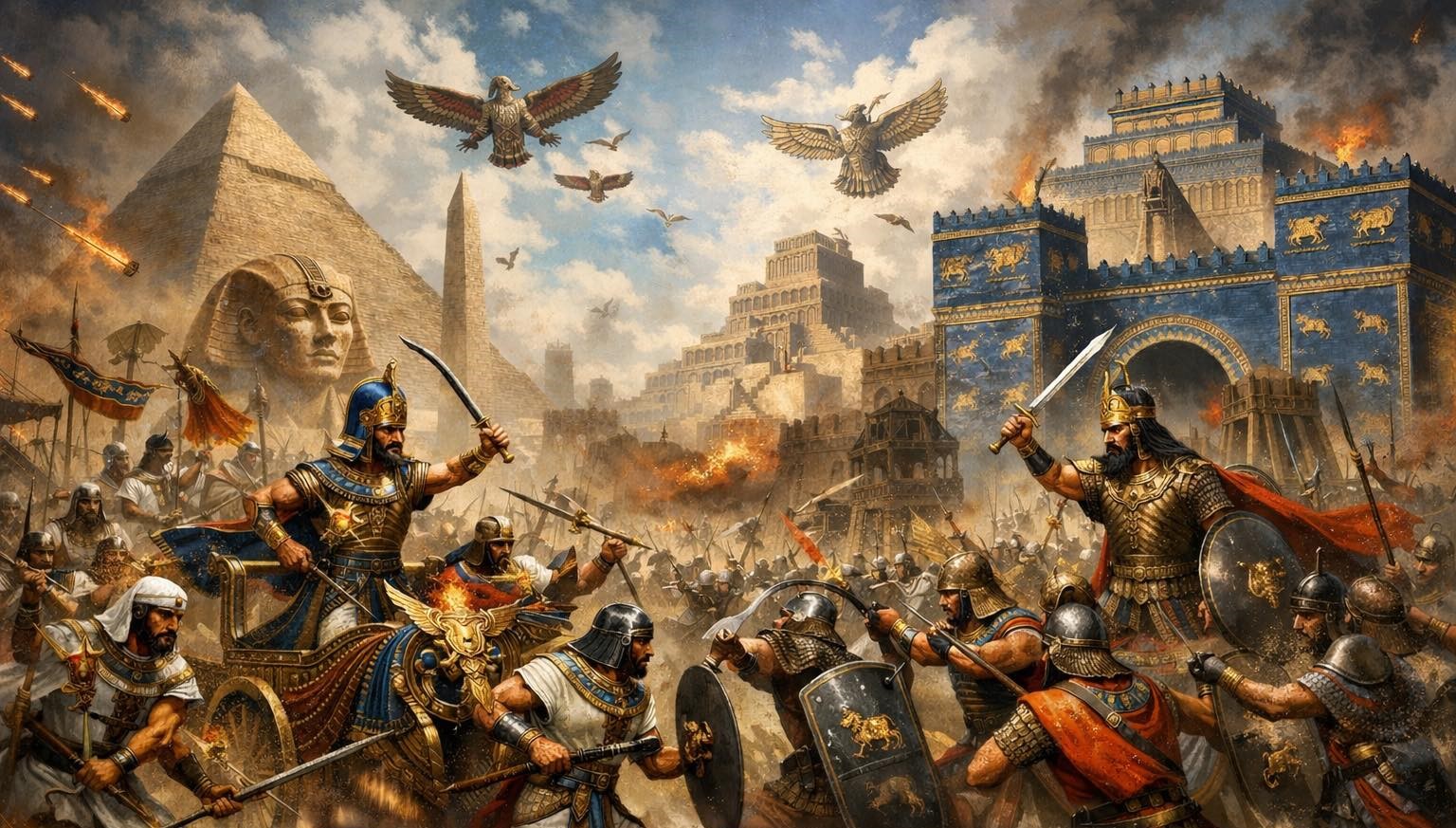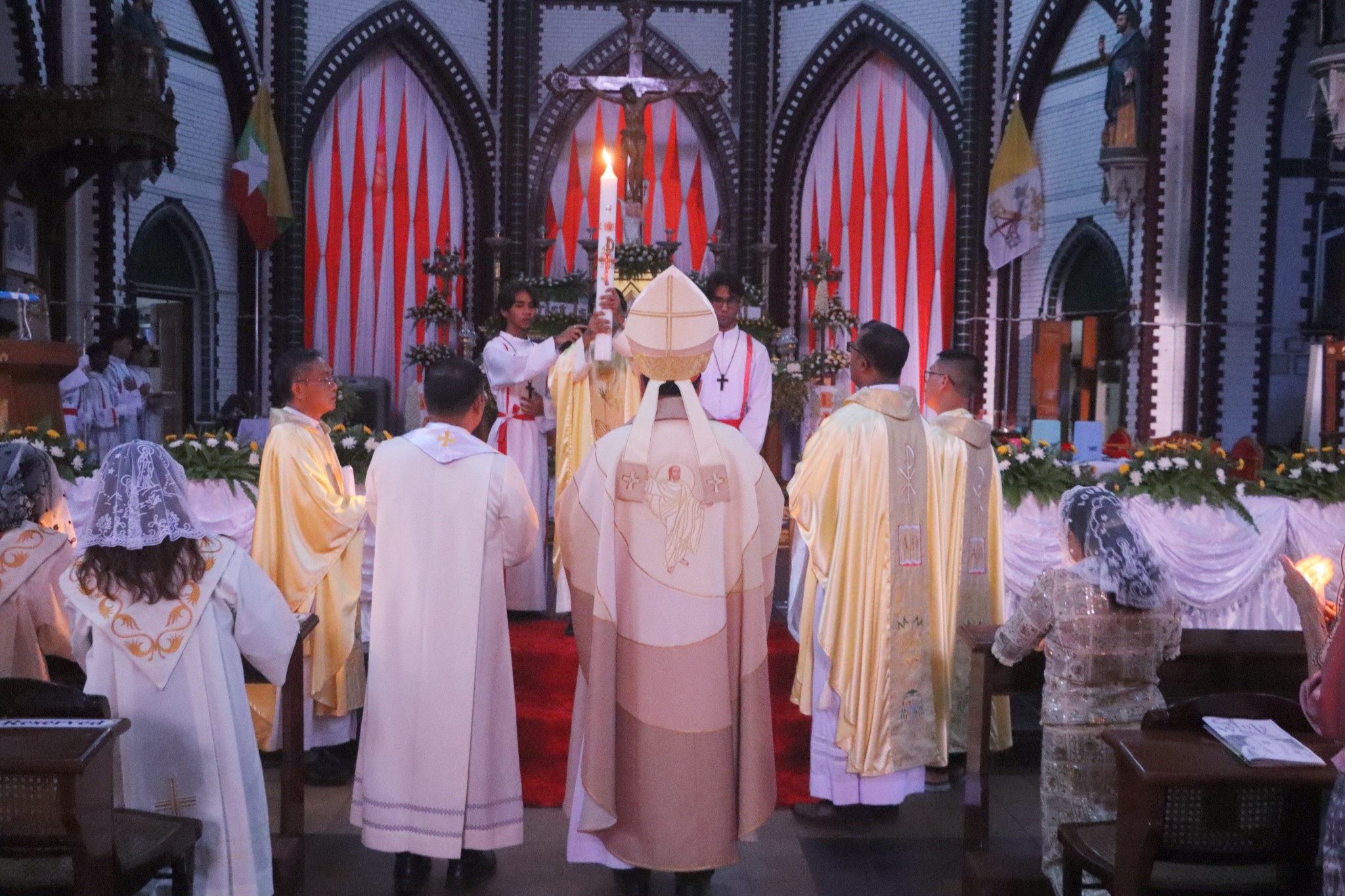Marco Carvalho
The election, a week ago, of Cardinal Robert Francis Prevost to the Chair of Saint Peter opened the door to a new era in the history of the Catholic Church. In Macau, the Catholic community welcomes Pope Leo XIV with hope and optimism. The first Augustinian pope and the second from the Americas, the new pontiff is seen as the right choice to guide the Church through adversity and renew humanity’s trust in God’s love.
A sign of grace, mercy and wisdom. The election of Robert Francis Prevost as Bishop of Rome, Vicar of Christ and successor of Saint Peter, Father Rafael Gemelli Vigolo claims,
renews the hope of a prophetic and missionary Church, a Church that pays attention the pastoral needs of its people and the challenges they face. The Brazilian priest, who like Pope Leo XIV carried out evangelical work in Peru, believes that the missionary experience the new pontiff gained in the Diocese of Chiclayo will have an inevitable influence in his papacy. The parish priest of Saint Joseph the Worker Church believes that the experience acquired in northern Peru endows the Holy Father with a pastoral dimension that brings him closer to the legacy of his predecessor, Pope Francis. “My first reaction, when I heard that he had become our Pope was one of joy”, the Comboni missionary admits. ‘From what I’ve read and heard, he’s a very spiritual person. The world needs a Pope like that. The world needs a Pope that is close to the people and grounded in reality. A Pope that understand the people’s suffering, particularly of those most in need. In this regard, I think Pope Leo XIV is following in Pope Francis’ footsteps. I believe he will try to put Jesus’s message of love into practice. Like Jesus Christ, our Pope chose to spend his life among the unprosperous and the underprivileged. Like Jesus, he mingled with the people: the sick, the poverty-stricken and the sinners”, father Rafael Vigolo says.
Before becoming the Vicar of Christ, American friar Robert Francis Prevost experienced one of the most remarkable periods of his life in northern Peru, where he embraced missionary work in the mid-1980s. It was there, in the small town of Chulucanas, that the future Pope first got a taste of the importance of mingling with the grass-roots during one of the most violent periods in the country’s history, a time marked by poverty and a bloody conflict between the Shining Path guerrilla group (Sendero Luminoso, in Spanish) and the Peruvian government. The missionary experience, Father Rafael Vigolo believes, will influence Pope Leo XIV’s choices. The pontificate of the north American Pope can bring a new impetus to the Church’s evangelical mission in the world today: “When you experience these realities and share your life with the poor and marginalized, seeing and tasting their suffering, that experience has an impact and changes you. It makes us more human and merciful, forces us to embrace people and to share their suffering”, the Comboni missionary argues. “From what I’ve read after the conclave, the cardinals wanted a Pope with pastoral experience who knew how to be among the people. Pope Leo XIV has this experience, undoubtedly”, the parish priest of Saint Joseph the Worker Church adds.
Urbi et Orbi, to the City and the World
This missionary experience, Father Dominique Tyl recognizes, adds an extraordinary dimension to the pontificate of Pope Leo XIV and generates positive expectations for the future of the Catholic Church. The Jesuit priest, who celebrated the fiftieth anniversary of his ordination on Sunday, 11th May, considers Robert Prevost’s engagement in pastoral work to be an asset. However, the French missionary is waiting for the new pontiff’s first papal Encyclical to gain a better understanding of his views: “Pope Leo XIV was a missionary in Peru and that will add value to his pontificate. I have nothing against the wealthy, but the work he did with the poorest of the poor cannot be overlooked. It’s a legacy that will live on”, the former director of the Faculty of Social Sciences at the University of Saint Joseph told “O Clarim”. “The moniker he chose, Leo XIV, may be seen an indication of the direction his pontificate will take. I would say he will have to stand up to a lot of problems, but I’m sure that the synodal dimension Pope Francis opened up will not fade away. It will endure. Of course, we’ll have to wait for his first message or Encyclical Letter to better understand what Pope Leo XIV is going to do. However, I don’t think the Church will abandon this dimension”, the French priest claims.
Robert Provost’s choice of the name Leo XIV, Martin Percy believes, signals his intention to ensure that the Church remains open and attentive to the challenges and problems facing humanity. Percy, an Anglican theologian and current head of the Xavier Centre for Memory and Identity, expects the new Pope to intervene and to be attentive to societal dynamics, as well as to confront those in power: “As an Anglican theologian and as a specialist in ecclesiology, I would say that Leo XIV is the pope that both the Church and the world need right now. The universal Church needs a spiritual leader who embodies continuity in faith, but also someone that can speak truthfully in these troubled times”, the academic argues. “Leo XIII is best remembered today for his defense of the rights of the poor and the workers’ rights. By taking the same moniker, he signals the same courage and the same values. As a missionary, he helped others, showed solidarity and protected the poor and marginalized. This is good news for the Church. This missionary approach could be amplified further from the Vatican, the British theologian claims.
Elias Colaço hopes that Pope Leo XIV remains true to himself. As a member of the group that animates Sunday Mass in the parish of Our Lady of Carmel, Colaço believes that the Holy Father has already proven himself to be the right person to lead the Catholic Church and hopes that he will continue to do so for many years to come: “He has a long track record in what sets the Church apart: evangelization and mission. He has been an evangelizer and a missionary, so I praise this choice. I believe he will be a good pope. I foresee a good pontificate”, Mr. Colaço says. “I’m not an apologist of the perspective that the only thing that matters is to continue the work that was being made by Pope Francis. Every single pope has his own line of thought and must find his own path. Pope Francis has done an excellent job and I believe that Pope Leo XIV will do the same. I believe he will be a Pope that will be very close to the people of God”, Elias Colaço concludes.


 Follow
Follow


